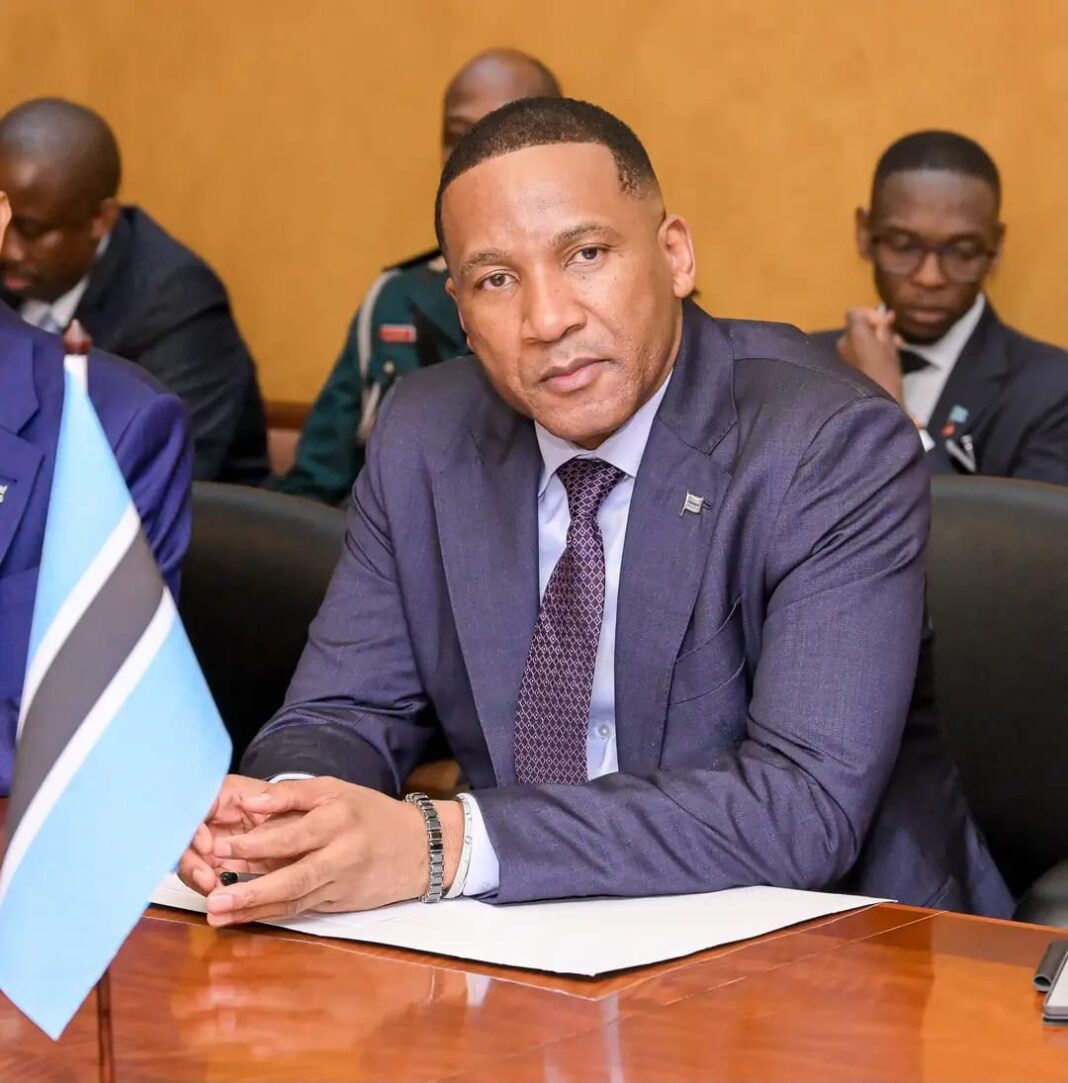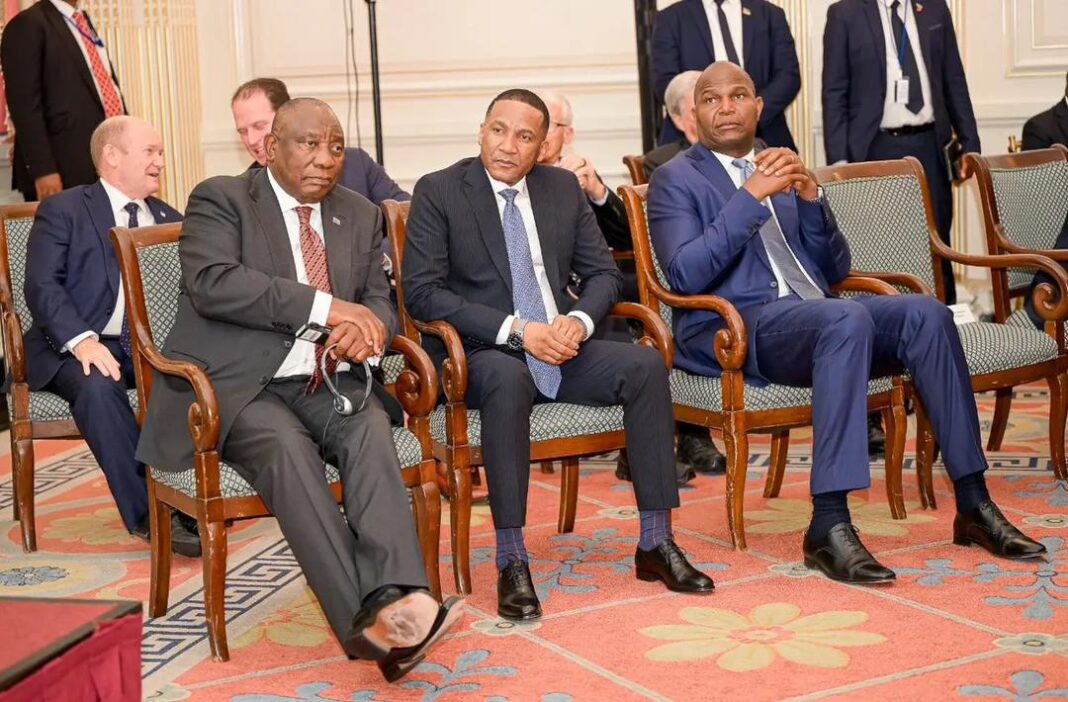The recent public statement from Township Rollers FC, detailing severe financial challenges and operational setbacks, has once again cast a harsh spotlight on the prevalent society model of football club ownership in Botswana. While the club’s “Popa Popa” faithful are undoubtedly concerned, many within the football fraternity are asking if this is simply another symptom of a deeply rooted issue that stifles the sustainability and professional growth of the sport in the nation.
Township Rollers’ press release paints a grim picture: a struggle to uphold staff and player welfare, outstanding debts from previous seasons, and the breakdown of a management contract due to unfulfilled obligations. The club openly admits that its reliance on match day and merchandise revenue, coupled with escalating operational costs, has proven inadequate. This isn’t just a “Popa” problem; it’s a recurring narrative in Botswana football.
Over the years, powerhouses like Mochudi Centre Chiefs, Extension Gunners, and even Gaborone United have faced similar, albeit varying, degrees of financial instability and administrative turmoil. These clubs, deeply ingrained in their communities and operating under the society model, often find themselves caught in a cycle of passion-driven management clashing with the cold realities of professional finance. Decisions are often made by committees, sometimes with good intentions but lacking the singular vision and business acumen required to run a modern football enterprise.
The society model, while fostering a strong sense of community and ownership among supporters, inherently carries limitations. It can lead to fragmented decision-making, a lack of consistent long-term financial planning, and an over-reliance on the goodwill of individuals rather than robust business structures. When a professional management company, as was the case with Rollers, finds itself unable to operate effectively due to unfulfilled obligations, it highlights a fundamental flaw in the existing framework.
Botswana football stands at a crossroads. The talent is undeniable, and the passion for the game is palpable, yet the consistent struggles of its biggest clubs suggest that the current operational model may be holding back its true potential. For the benefit of professional football in Botswana – its players, its coaches, its fans, and its future – it may be time for societies to gracefully make way for a new era.
A transition towards clubs operating as registered companies, led by shrewd business-minded individuals with clear financial strategies and professional management structures, could be the catalyst for sustainable growth. This doesn’t mean abandoning community spirit, but rather embedding it within a commercially viable framework. It’s about ensuring that the beautiful game in Botswana can not only survive but truly thrive, allowing its clubs to compete effectively regionally and perhaps even continentally. The time for change, it seems, is now.



